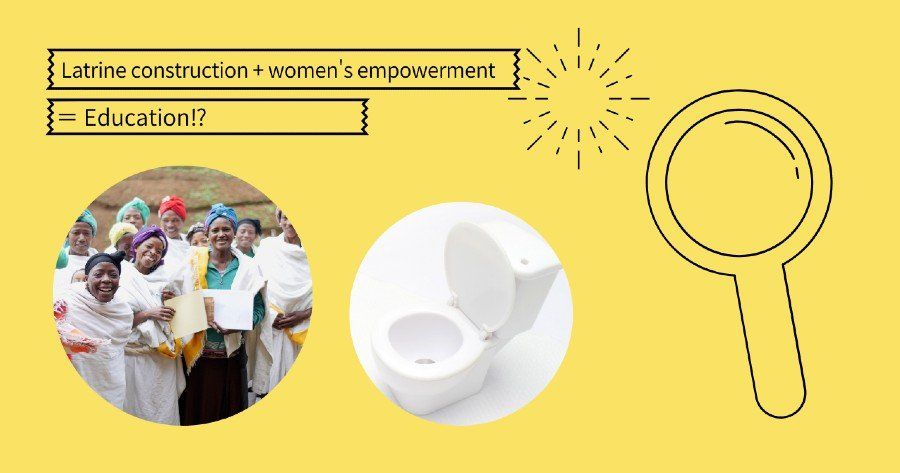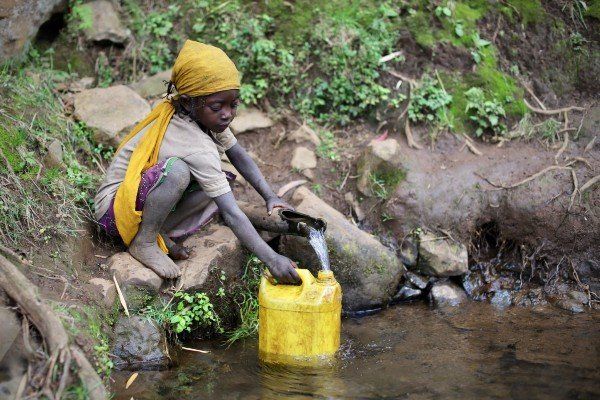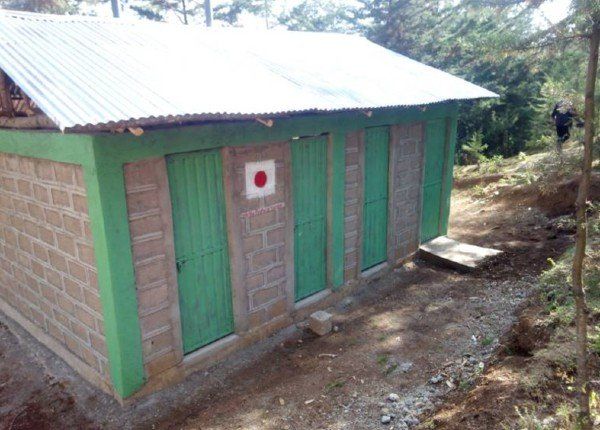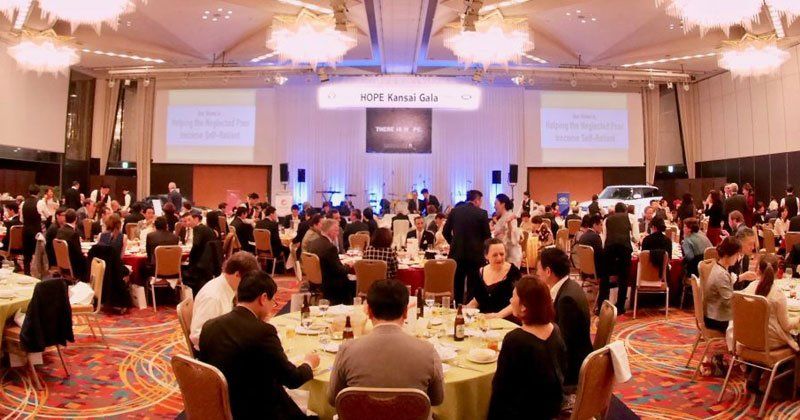Latrine construction and women's empowerment supports education!?
The Internet gets cut off during school exams
Every year in Ethiopia, the internet gets shut down a few times which disrupts our email communication with our HOPE Ethiopia staff. Many people may think that this is about information control. In fact, in Ethiopia, Internet services become unavailable now and then due to riots and political disturbances, but during the national exams, which are normally held from the end of May through the first week of June, the Internet is blocked nationwide. Exam questions have been posted on social media in the past, so it's a measure taken to prevent this from happening. School exams are just as important in Ethiopia as they are in Japan, a big turning point that determines your life.
The Ethiopian education system
The education system in Ethiopia is designed with 8 years for elementary school, 2 years for junior high school, 2 years for high school, and 4 years for university. Education is compulsory up to the 4th grade, and tuition is free. Therefore, enrollment in elementary schools is as high as 84% (UNESCO in 2015), but the fact is many children don’t attend school.
There are various reasons for children not attending or discontinuing school. Even if tuition is free, many families lack the financial resources to buy school supplies such as uniforms and stationery. Other economic reasons include families having to send children to work in the urban centers and even to the Middle East. Furthermore, for girls living in rural communities, there are cultural expectations from them to do housework, and the practice of child marriage. Still, other reasons are due to inadequate facilities such as lack of toilets and unsanitary conditions in schools.
If parents think that "we’re financially poor and we want the children to work instead of going to school," the children would normally have to give up school. And even if they could go to school, if latrines aren’t available or if the latrines are unsanitary, they end up defecating out in the open. This is especially dangerous for girls as it increases their risk of being sexually harassed or assaulted in the outdoors. Would you go to school with such risks?
Increase school enrollment by empowering women and building school latrines!
HOPE Japan is currently implementing two projects in Ethiopia that will help raise school enrollment. The first project supports women's empowerment by easing their financial burden, which will help their children attend school. If women earn an income and become financially independent, they’ll be able to buy school supplies for their children.
The Women's Empowerment project, which started in February of 2021 in the Oyda district, begins with forming groups of 20 women each and building group savings through regular contributions from each member. These women, who have no prior concept of savings, will be educated by HOPE on what they need to do to become financially independent, such as keeping records of their money, savings, and how to start small businesses to earn income. Each member will then become able to earn an income while raising their children by borrowing from their group savings to carry out income generation activities (entrepreneurship).
The second project is the construction of school latrines, which contributes to an environment where children can study with peace of mind. Since April, thanks to the Water Environment Fund provided by TOTO, the construction of a boys and girls latrine at Kale Malo Elementary School in the Oyda District has started.
However, at the moment, we lack the funding to build latrines at four other schools in the project area. We ask for your continued support and cooperation to help the girls in these rural communities attend school.











